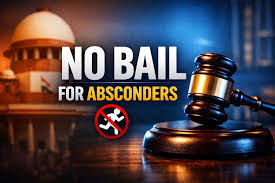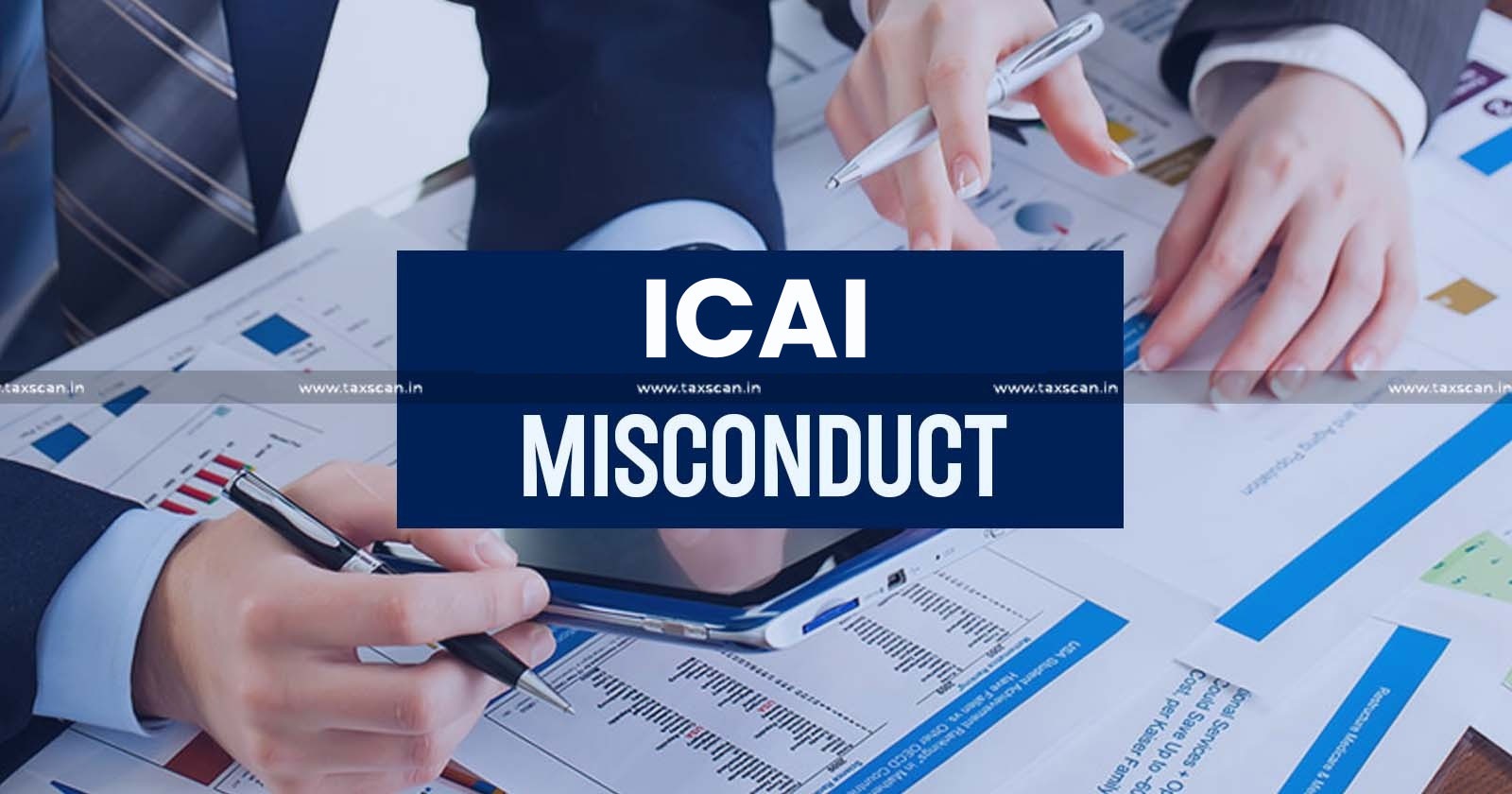@JUDGMENTTAG-ORDER
Rajendra Nath Mittal, J.@mdashThe Petitoners have filed an application under Sections 5 and 14 of the Limitation Act, 1963 (hereinafter referred to as ''the Act'') for condonation of delay in filing the appeal to this Court.
2. Briefly the facts are that the Plaintiffs Respondents instituted a suit for partition of the property in dispute, which was decreed on October 11, 1977. The Defendants-Appellants applied for a certified judgment and decree on October 12, 1977, which was prepared on December 30, 1977 and was delivered to them on January 5, 1978. It is alleged that under the advice of the counsel the appeal was filed by them against the preliminary decree in the Court of District Judge, Amritsar, on January 9, 1978. The appeal was within limitation on that day and was duly entertained. The District Judge, Amritsar, assigned the appeal to the Additional District Judge, Amritsar, for disposal. It came up for hearing before him on February 29, 1978. At that time, it is further stated, it was pointed out by the learned Additional District Judge that the jurisdiction value of the suit was Rs. 30,000/-and therefore the appeal should have been filed in the High Court. The appeal was, consequently, returned to the appellents for presentation to the proper Court. It is is then stated that the Appellants without losing any time filed an appeal in this Court on March 5, 1979. In the aforesaid circumstances they have prayed that the period January 9, 1978 to February 26, 1979, during which the appeal remained pending in the Court of the Additional District Judge, Amritsar, be excluded for the purpose of determining the limitation and the delay in filing the appeal in this Court he condoned.
3. Smt. Raminder Kaur one of the Petitioners, filed an additional affidavit on May 11, 1979, stating that on February 26, 1979, when the memorandum of appeal along with other documents was returned for presentation to the proper Court, the copy of the order of the Additional District Judge ordering return of the memorandum of appeal was not supplied to her. Her counsel Mr. Darshan Singh Arora, Advocate, prepared a copy,certified it to be a true copy, gave that to her and she came to Chandigarh along with the aforesaid papers and engaged Mr. Dharam Vir Sehgal as counsel for filing the appeal. She handed over all the papers to him for doing the needful. She was told by her counsel Mr. Dharam Vir Sehgal that the true copy of the order dated February 26, 1979 of the Additional District Judge was not sufficient and that the deponent should obtain a certified copy there of for filing the appeal. On the advice of her counsel she went back to Amritsar for obtaining the certified copy of the order. She contacted Mr. Darshan Singh, Advocate, on March 1, 1979, who moved an application before the Additional District Judge for suppuly of a certified copy of the order dated February 26, 1979. The copy was, however, not available on March 2 and March 3, 1979. Consequently, she again came to Chandigarh on March 4, 1979 and explained the position to Mr. Dharam Vir Seghal, who field an appeal in this Court on March 5, 1979, along with an application for dispensing with the requirement of filing the certified copy of the order dated February 26, 1979. She further states that she again went to Amritsar on March 5, 1979 and contacted Mr. Darshan Singh Arora, Advocate, who was able to procure the certified copy of the order dated February 26, 1979 from the Court of the Additional District Judge, Amritsar, on March 7, 1979, which was sent by her to Mr. Dharm Vir Sehgal by post, who later on filed the said attested copy of the order in this Court.
4. The Petitioners also filed an affidavit dated April 29, 1980, of Mr. Darshan Singh, Advocate. He stated therein that he was the counsel for the Defendants in the suit for partition filed by Surinder Singh etc. against the Petitioners, where in preliminary decree was passed. On the plaint a Court-fee of Rs. 19.50 was fixed. In view of the aforesaid fact, inadvertently he advised the Defendants-Appellants that the appeal was maintainable before the District Judge. Amritsar. The fact that jurisdiction value mentioned in the suit was Rs. 30,000/- escaped his notice. He further stated that the advise was given by him to the Petitioners bona fide.
5. The application has been contested by the Plaintiffs Respondents who have inter alia pleaded that the Defendants-Petitioners had raised an objection in the trial Court that the plain tiffs had affixed Rs. 30,000/ as the jurisdiction value. As they were not in possession of any part of the house, so, they were able to pay Court-fee on that value. They further stated that their counsel knew that the jurisdiction for value was Rs. 30000/- and consequently their was no justification for condonation of delay. It is further stated that the value of the suit for purposes of jurisdiction had also been mentioned as Rs. 30,000/- on the decree-sheet and therefore it could not be said that the opinion of the counsel was given bona fide.
6. The only contention of the learned Counsel for the Petitioners is that the Petitioners were advised by their counsel to file an appeal before the District Judge, Amritsar and they after following his advise did so. He further states that at the time of filing the appeal even the the office of the District Judge did not point out that the appeal was not maintainable in that Court but was maintainable in the High Court. According to him, in the aforesaid situation there are sufficient grounds for condoning the delay.
7. I have given due consideration to the argument of the learned Counsel and find force in it. It is not disputed that the appeal was filed before the District Judge on January 9, 1979 within limitation. The limitation for filing an appeal in the Court of District Judge is 30 days, whereas it is 90 days for doing so in the High Court. The appeal in the High Court after obtaining the copies could be field by March 31, 1978. The aforesaid circumstance shows that there was no mala fide on the part of the Petitioners to file on anneal in the Court of the District Judge. In his affidavit Mr. Darshan Singh, learned Counsel for the Appellants, says that he bona fide believed that the appeal was maintainable before the District Judge, Amritsar, and the fact that the jurisdiction value of the suit was Rs. 30,000/- escaped his notice. There is no ground to disbelieve his affidavit. In Balbir Singh v. Bogh Singh (1974) 76 P.L.R. 321, a similar case came up before the Supreme Court. In that case the jurisdiction value of the suit was Rs. 21,000/- and the appeal against that judgment was maintainable in the High Court, but the Appellant on the mistaken advice of the counsel filed it before the District judge. The office while entertain the the appeal did not raise any objection regarding its jurisdiction. Even at the time of the hearing no objection was taken regarding the jurisdiction of the District Judge to decide the appeal. The Appellant filed a second appeal in this Court where it case to the notice of the Court that the first appeal was not maintainable before the District Judge and it should have been filed in this Court. The Appellant made a request that the second appeal be treated as first appeal and the delay in filing the same be condoned. The request of the Appellant was declined. He went up in appeal before the Supreme Court and the appeal was allowed with the following observations:
It is abundantly clear that the Appellant and his legal adviser somehow prosecuted the first appeal before the Additional District Judge bona fide and on some kind of mistaken belief for which the Appellant should not suffer. Since the Appellant was prosecuting the appeal before the Additional District Judge, bona-fide, and the matter escaped scrutiny by the office at the time of its institution and even in course of hearing before the District Court which had no jurisdiction to entertain the same, we are satisfied that the Appellant, under the entire circumstances of the case, had sufficient cause for the delay in filing the first appeal in the High Court, and delay under the circum stances ought to have been condoned by the High Court u/s 5 of the Limitation Act. The Appellant is, therefore, entitled to the deduction of the period during which he prosecuted the appeal before the Additional District Judge....
The above observations fully cover the present case.
8. Similar view was taken by that Court inVZ
The Assistant Divisional Manager of the Company-Appellant is not an illiterate or so ignorant person who could not calculate the period of limitation. Such like appeals are filed by such companies daily. The facts of this case clearly show, as observed earlier, that the mistake is not bonafide and the Appellant has failed to show sufficing cause to condone the delay." Krishana Iyer, J. speaking for the Bench upset the judgment of the High Court and observed thus:
We are not able to agree with this reasoning. A company relied on its Legal Adviser and the Manager''s expertise is in company management and not in law. There is no particular reason why when a company or other person retains a lawyer to advise it or him on legal affairs reliance should not be placed on such counsel. Of course, if their is gross delay too patent even for layman or if there is incomprehensible indifference the shield of opinion may still be vulnerable.
The learned Judge Placed reliance on the observation of the Kerala High Court in
9. Reference in this regard may also be made to another Supreme Court judgment reported as The
10. In the present case I am of the opinion that the Petitioners filed the appeal in the Court of Additional District Judge under advice of their counsel, given bona fide and consequently they are entitled to the condonation of delay u/s 5.
11. For the aforesaid reasons, I accept the application, condone the delay in filing the appeal. The appeal may now be listed for preliminary hearing on 22nd July, 1980.

